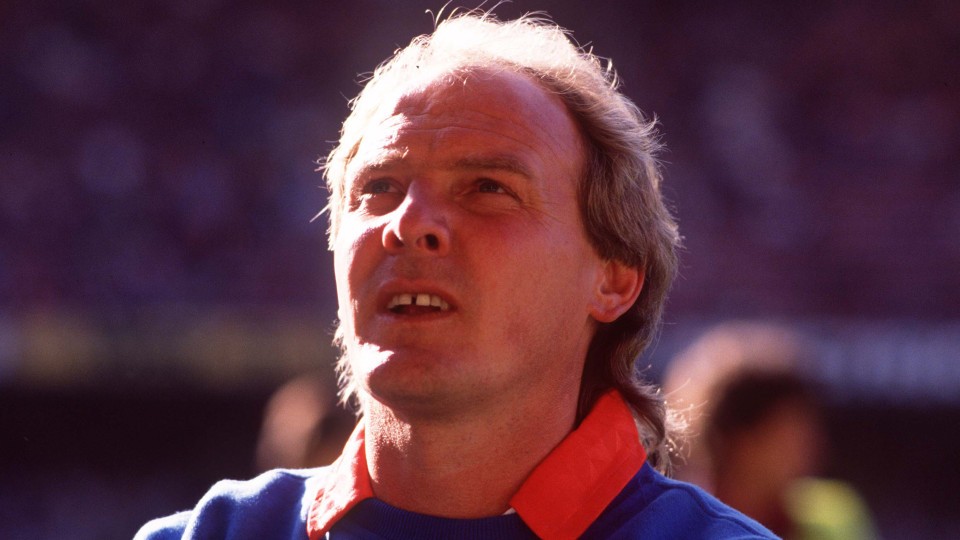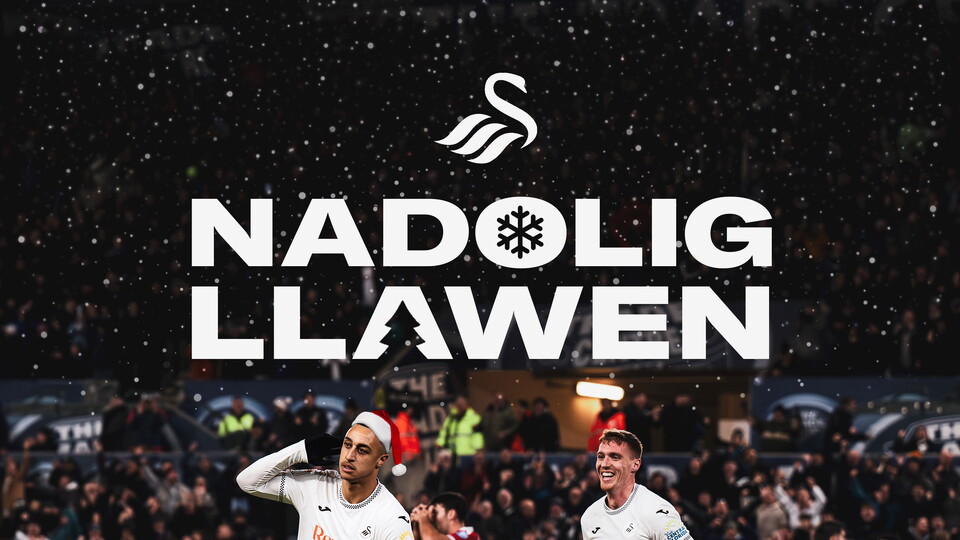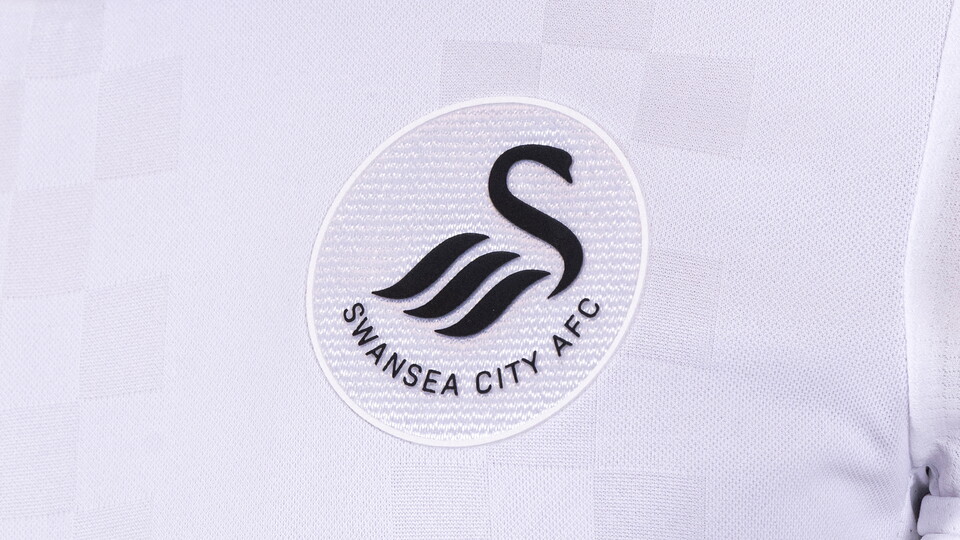TOP-FLIGHT JACKS: Colin Irwin
In our new website feature, we focus on players who featured for Swansea City during the club's previous foray into the top flight of English football.
Here, we put the spotlight on former Swans defender Colin Irwin.
COLIN IRWIN
Date of birth: February 9, 1957
Appearances/goals for the Swans: 60 appearances; 2 goals
Former clubs: Liverpool (1974-1981); Swansea City (1981-1984); Bolton Wanderers (1985-1987)
Memorable moment: In December 1983, after a year out with a serious knee injury, Irwin made his comeback against Crystal Palace at the Vetch Field. However, Irwin was forced to go off with a bad groin injury after 60 minutes, only to return to the pitch to play out on the wing for the remainder of the match because the Swans had used all of their substitutes.
Did you know? When the Swans featured in Europe during Colin's time at the club, he was handed the captaincy along with the number 16 shirt for the duration of the competition.
Born and bred in Liverpool, Colin Irwin signed youth team forms at Anfield in 1974 after his impressive ability was spotted by Merseyside giants Liverpool.
Prior to making his first-team debut in a 3-1 league win over West Brom in August 1979, Irwin was included in Liverpool's squad for the 1978 European Cup final, where he picked up a winners medal after Bob Paisley's side's 1-0 victory over Belgian side Club Brugge at Wembley.
However, during a highly successful era for Liverpool, Irwin's first-team opportunities were limited in the presence of stalwart defenders Alan Hansen and Phil Thompson.
In 1981, Irwin moved to Swansea City for a club record £350,000 transfer fee after manager John Toshack realised the need for a leader on the pitch.
In Swansea's debut season in the English First Division, the fee paid for Irwin was seen as money well spent as the leadership qualities shown by Irwin, in addition to the fantastic partnership he struck up with the Yugoslavian Ante Rajkovic at heart of the Swans defence, was seen as crucial in helping the club finish sixth in their first season in the top-flight.
Expectations for the club's second season in the First Division were high, but after a solid start to the campaign, disaster struck when Irwin suffered a serious knee injury at Villa Park that effectively finished his playing career.
At the end of the 1982-83 campaign, financial problems emerging around the club led to the break-up of the Swansea team.
The following season saw the Swans relegated back to the Second Division, where Irwin attempted to gain the fitness required to continue in professional football.
Although he returned to league action after in excess of a year out of the game, he was only able to play in three league games throughout the season before he bowed to the inevitable and retired from the playing side of the game.
After leaving the Swans, Irwin moved abroad to Australia to join up with two former Swans players Hugh Lake and Tony Guard at Perth Azzuri, before returning to English football in 1985 as assistant manager to Phil Neal at Bolton Wanderers.
He enjoyed two seasons at the club before finally returning to Australia and settling down with his family, working as a distribution manager at a wine and spirits wholesalers, where he still resides today.


